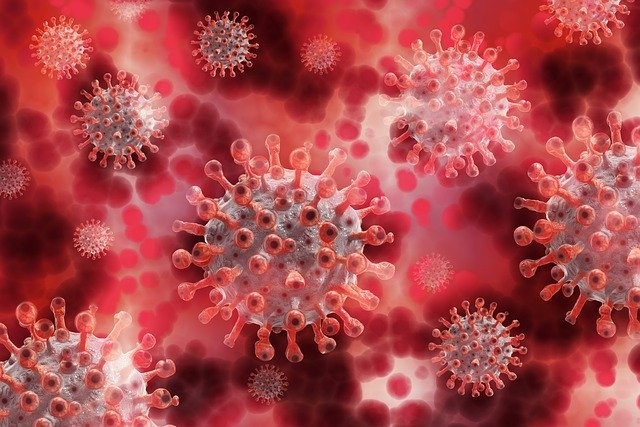COVID-19: Does Virus Mutation Weaken Vaccine Efficacy?

The coronavirus had a recorded mutation in southeast England but despite the new strain of the virus, experts told people not to panic over possible effects to vaccine efficacy.
Researchers in Great Britain identified the mutation for a new outbreak there, and some were worried that the existing vaccine efficacy would change as the virus modifies itself.
U.K. Health Secretary Matt Hancock said in a statement that the new strain appeared to spread faster than other existing strains of the virus.
So how does the new mutation affect vaccine efficacy?
Slow Mutation of Coronavirus Has Little Effect to Vaccine Efficacy
A pathology professor, Dr. Marco Salemi, told NBC affiliate First Coast News that determining vaccine efficacy and duration changes depending on situations, much like flipping a coin.
Strains from the first infected patients are most likely the same, and mutation happened much later.
Over a thousand strains of the new coronavirus has been identified, but the numbers are "increasing rapidly", noted Healthline.
So as the virus gets mutated, the vaccine also gets some changes. For example, scientists change the flu vaccine each year depending on mutations to the said virus.
Fortunately, Salema said the COVID-19 mutation moves slower than other viruses, so a vaccine is more likely to be effective for longer.
"This virus doesn't mutate as fast as other RNA viruses that we know, Salemi said.
By Salemi's estimate, the coronavirus may be 10 to 100 times slower than over viruses like the flu or HIV.
Mutations Might Not Affect Vaccine Efficacy At All
Deborah Fuller, professor of microbiology at the University of Washington, also told Bloomberg that the effects on vaccine efficacy depends on whether the virus will develop some form of protection against a vaccine induced immunity.
As for the latest mutation, it as shown to affect transmission rates but its effect on vaccines remains unknown.
Experts are still exploring the possibility of affecting protection through vaccines, but Fuller offered some hopeful insight on the matter.
"Based on the mutations we see so far, the expectation is that this mutation should not impact the ability of the vaccine to protect against it," she said.
Fuller also noted that there wasn't a significant uptick in severe cases or hospitalizations because of the new virus strain.
"So then they don't think this new virus is actually causing increased severity in disease."
She also assured that of all the existing mutations, drug makers were able to test their shots on different strains. "To date, we haven't found any variant that has been able t evade the vaccine," she said.
Hancock also issued similar assurances when he said it's "highly unlikely" for an absence of a viral response to the vaccine, reported Healthline.
Coronavirus Vaccine May Be Similar to Flu Shots
Salemi said that with the current developments of the vaccine, it might become similar to the flu shot that people get every year.
"The data seems to indicate that the current vaccines with the current coronaviruses that are circulating in the world might give immunity I would say within a period of six months to one year," he said.
He also warned that even with a vaccine, people still need to exercise caution by wearing a mask and social distancing.
Subscribe to Latin Post!
Sign up for our free newsletter for the Latest coverage!

















